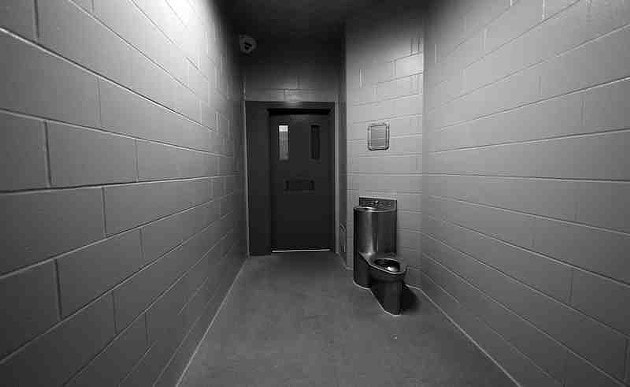KJIPUKTUK (Halifax) – The provincial Auditor General has taken a closer look at the management practices in Nova Scotia prisons, and a new report suggests all is not well.

Among other things, the government watchdog took a closer look at solitary confinement, the practice of keeping a prisoner separated from the general prison population, for disciplinary or protective reasons.
The practice has been widely condemned, including in a UN report that called punitive solitary confinement torture by any other name, and recommended that it be stopped unconditionally in the case of juveniles.
Don’t expect our AG to make such sweeping recommendations. Its business is to ensure that existing policies are both sensible and are being adhered to. That said, the AG finds that existing policies around solitary confinement are often not followed.
“In 9 of the 47 cases we examined, offenders were placed or held in close confinement longer than allowed without the approval required under Department policy,” the report states.
Documentation why confinement was needed was also lacking for 5 of the 47 cases the AG looked at. Similarly, documentation was frequently lacking in those cases where solitary confinement was for medical reasons, potentially leading to unjustified extensions of the confinement.
Regular reviews provide an opportunity to assess whether somebody’s behaviour has improved enough to end confinement. Yet for almost half of the files examined (22 of 47), staff did not review the status of people kept in close confinement at the correct frequency, the AG reports.
People in solitary confinement are entitled to at least 30 minutes a day of outdoor recreation time and access to showers at least every second day. However, this rule is frequently broken, the AG found.
Things have improved somewhat since the AG looked at the solitary confinement practices, the report suggests. New rules around the length of time a prisoner can be subjected to the cruel practice before it is reviewed have instituted additional safeguards, the AG writes. These rules came into force in May 2017.
Staff training was another area where policies were found not to be followed. 15 of 20 newly hired staff did not complete the mandatory Understanding and Responding to Mental Illness course. For three years the course was not offered at all. Courses about suicide intervention skills, and recognition of emotionally disturbed people suffered similar low enrollments.
One sign of trouble in any workplace is when annual performance evaluations are not conducted. Government policy demands that each employee formally meets once a year with their supervisor to find out how well they are doing and discuss work issues. The AG found that this only happened about half the time, and that some staff had never received a job evaluation.
See also: Teen kept in year-long solitary confinement was deprived of court-ordered mental health treatment
If you can, please support the Nova Scotia Advocate so that it can continue to cover issues such as poverty, racism, exclusion, workers’ rights and the environment in Nova Scotia. A paywall is not an option, since it would exclude many readers who don’t have any disposable income at all. We rely entirely on one-time donations and a tiny but mighty group of dedicated monthly sustainers.



